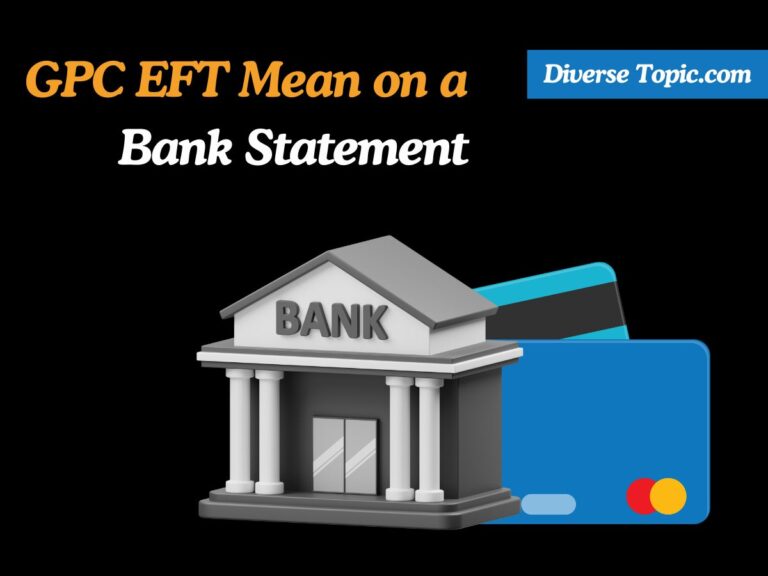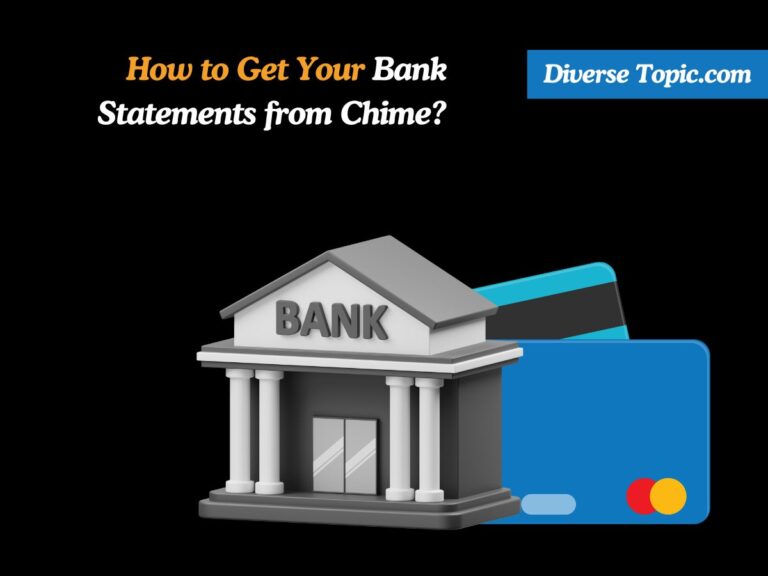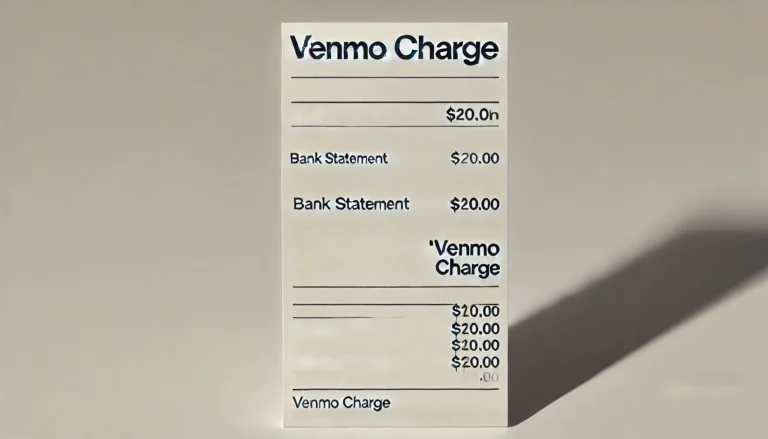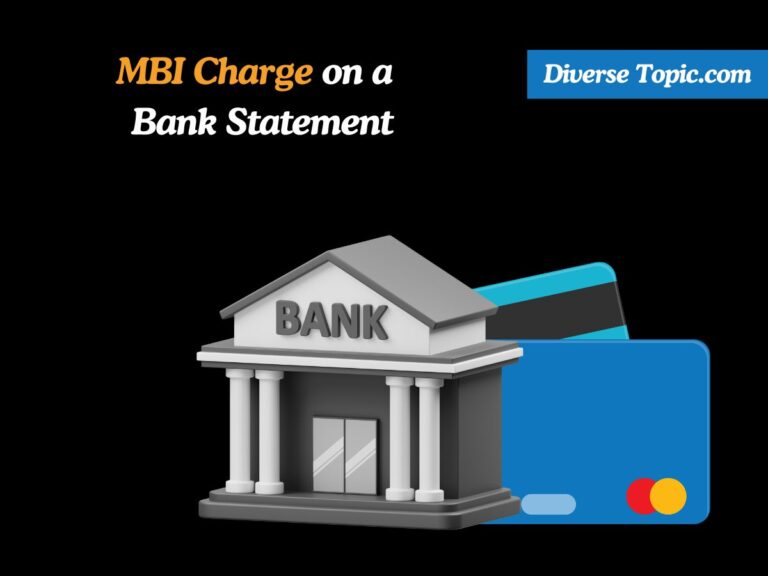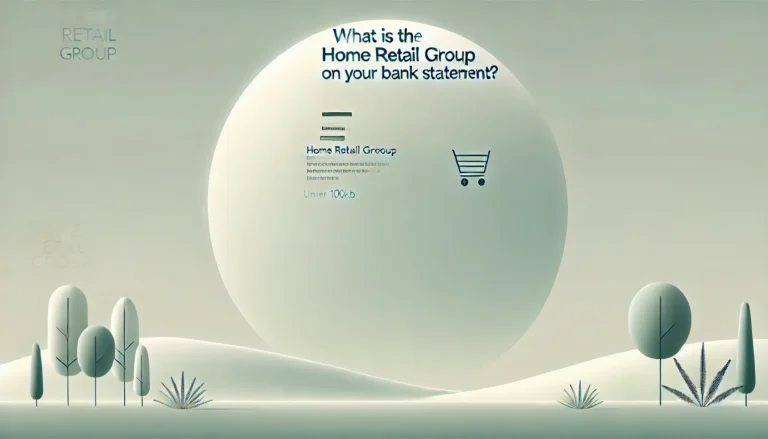What Is the CRO Charge on Your Bank Statement?
If you’ve ever looked over your bank statement and seen a charge that says “CRO,” it might be confusing, particularly if you don’t know where it came from. You’re not the only one who has seen these allegations and questioned what they mean. We will discuss the purpose of CRO charges, how they relate to the Crypto.com platform, and offer practical advice on how to recognize, control, and avoid costs in the future in this tutorial.
Understanding the CRO Charge
The acronym “CRO” stands for Crypto.com, a leading platform in the cryptocurrency world. However, it’s not a generic term it specifically refers to Crypto.com Coin (CRO), the native digital asset of the Crypto.com platform.
Crypto.com is an extensive cryptocurrency exchange and service provider offering various financial services, including:
- Purchasing and trading cryptocurrencies
- Storing digital assets
- Crypto-backed debit cards
- Lending and borrowing services
Generally speaking, the “CRO” charge on your bank account means that you have used one of Crypto.com’s services or made a transaction. These might include paying fees related to the financial products offered by Crypto.com or buying cryptocurrency.
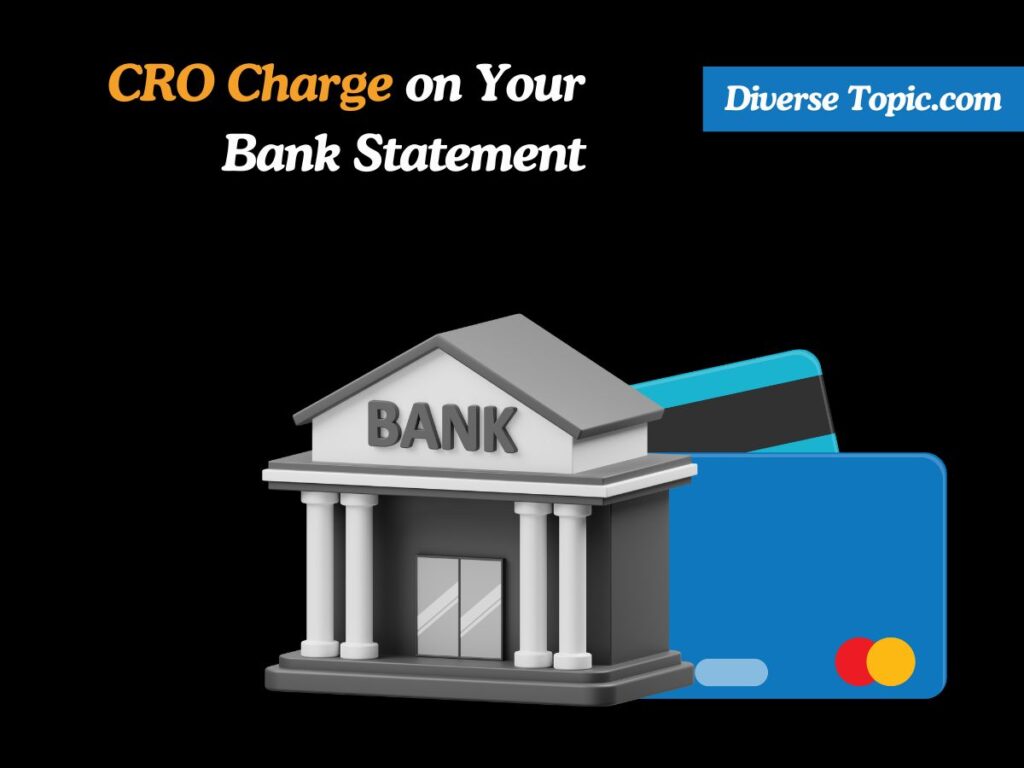
The Role of Cryptocurrency in Banking
Cryptocurrency is a relatively new financial technology that has introduced innovative ways of investing, saving, and spending. Platforms like Crypto.com allow users to:
- Buy and sell digital assets
- Earn rewards through staking and holding CRO
- Use cryptocurrency to pay for goods and services
As the world of digital currencies expands, so does their integration into traditional financial systems. The CRO charge is part of this broader shift, reflecting your engagement with cryptocurrency-related transactions.
Also Read BFCB Charge on Your Bank Statement.
How Do CRO Charges Look Like on Bank Statements?
CRO costs associated with your Crypto.com activity may show up on your bank statement in a variety of ways. These entries show different activities that users have taken on the Crypto.com platform, such buying cryptocurrency, sending money, or withdrawing cash. CRO charges may manifest in the following typical ways:
- CRO ST JULIANS MT
- CRO INTERNET MT
- CRO TRANSACTION
- CRO PURCHASE
- CRO PAYMENT
- CRO DEBIT DATE
- CRO CREDIT DATE
- CRO WITHDRAWAL
- CRO TRANSFER DATE
- CRO EXCHANGE DATE
These entries represent a variety of interactions within the Crypto.com platform and help track your engagement with digital finance.
Why Does the CRO Charge Appear on Your Bank Statement?
Here are some common reasons why a CRO charge might appear on your bank statement:
Purchasing Cryptocurrency: The charge will show up on your bill as “CRO” if you purchased CRO or other cryptocurrencies on Crypto.com using a connected card or bank account.
Crypto.com Visa Card: A cryptocurrency-backed debit card is available from Crypto.com. Purchases made with this card may be reported as CRO-related charges if you have made any.
Fees for Crypto.com Services: Many of Crypto.com’s services, such as withdrawing funds, transferring cryptocurrency, or using premium features, come with fees. If you’ve incurred any of these charges, they may show up as CRO.
Subscription or Rewards Services: In addition, connected fees or deductions may show up as a CRO charge if you have joined up for particular services through Crypto.com, such as receiving interest on staked CRO or having access to premium services.
Also Know MSFX Charge on Your Bank Statement.
Identifying CRO Charges
To verify that a CRO charge is legitimate, follow these steps:
Review Your Transaction History on Crypto.com: Log in to your Crypto.com account and review your transaction history. This will provide clarity on any purchases or fees that align with the CRO charges on your statement.
Check for Subscriptions or Staking Activities: On Crypto.com, staking options, incentive programs, and automated payments may be the reason for the recurrent CRO costs.
Contact Crypto.com Support: Crypto.com’s customer support team can assist you in conducting more research if you are unable to identify the fee based on your own transaction history.
Steps to Dispute a CRO Charge
If you’ve verified that the charge is incorrect or unauthorized, you can take the following steps:
Contact Crypto.com: Contacting the support staff at Crypto.com should be your first move. They can assist you in fixing any mistakes or illegal charges on your account.
Contact Your Bank: Speak with your bank if the problem is still not addressed after contacting Crypto.com. If the accusation is thought to be bogus, they can help refute it and even overturn it.
Monitor Your Account: Keep checking your bank statements frequently to make sure there aren’t any more unapproved CRO charges.
Preventing CRO Charges in the Future
To avoid unexpected CRO charges in the future, consider these preventative measures:
Disable Automatic Payments: Make sure that any automatic payments or subscriptions you may have set up with Crypto.com are cancelled if you decide you no longer want to utilize these services.
Review Your Crypto.com Settings: Double-check your account settings to ensure there are no active services, like recurring buys or staking plans, that could result in future charges.
Monitor Your Accounts: Set up alerts on your bank account for any transactions involving cryptocurrency platforms. This will allow you to spot charges quickly and act if something seems wrong.
Strengthen Security: To avoid unwanted access and charges, make sure your Crypto.com account has robust security measures in place and use two-factor authentication (2FA).
Conclusion:
The growing significance of cryptocurrencies, especially those found on sites like Crypto.com, in contemporary financial systems is reflected in the “CRO” fee that appears on your bank account. Whether you’re paying for services, buying digital assets, or using a Crypto.com Visa card, knowing what the CRO charge is can make you feel more comfortable navigating the realm of digital money.
Your funds will be protected if you take proactive measures to detect, verify, and challenge any charges that are unusual or unexpected. You may secure greater control over your digital and conventional assets and make well-informed decisions by remaining knowledgeable about your financial dealings with bitcoin platforms.

